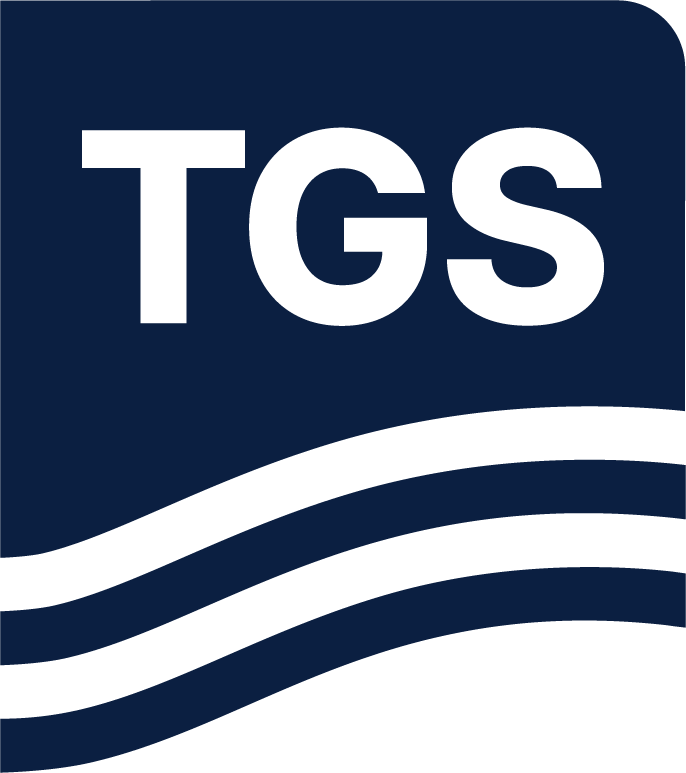Use Case
Boosting Efficiency and Ocean Science – TGS
Background
TGS, a leader in providing advanced data and intelligence to the energy sector, merged with PGS in 2024 to form the new TGS entity. Their combined geoscience expertise provides subsurface insights, enabling the energy industry and its entire value chain to make smarter, data-driven decisions. TGS has been an advocate for marine conservation, aligning with the UN Sustainable Development Goal 14 (Life Below Water) since 2013. Through their oceanic activities, TGS has been collecting and sharing marine data with several key ocean data repositories, including the Institute for Marine Research (IMR), SF Harvest, and Seabed 2030.
Use Case – TGS and HUB Ocean as partners
Understanding and complying with environmental regulations is essential, especially in regions like Brazil, where strict biodiversity protections are enforced. Understanding marine mammal movements inside a defined mitigation zone can minimize potential operational downtimes, reduce financial losses, and ensure compliance with environmental standards. To address this challenge, TGS, which conducts operations along Brazil’s coastline, partnered with HUB Ocean in February 2024. This collaboration aimed to mitigate negative impacts on the environment, advance scientific understanding, and bring positive value to the scientific community and TGS operations.
Types of Data Shared:
TGS shared data collected between 2008 and 2023 including:
Sightings of marine mammals and turtles
CTD (temperature and salinity)
Ocean current measurements at various depths (5, 15, 20m)
Sea state information
How the data is made publicly available:
The data was shared on HUB Ocean’s Ocean Data Platform. HUB Ocean assisted TGS in transforming its data according to the FAIR standard –creating metadata and standardizing raw data into a single, comprehensible format. This transformation, including visual formats like graphs, has enabled TGS to better understand its own data and leverage it for further research, and unlocked new opportunities and benefits for science.
Further Value and Impact Creation:
Company benefits: TGS has the opportunity to integrate marine biota data with additional oceanographic data collected off the Brazilian coast. By combining these datasets, TGS will improve its understanding of marine mammal distribution patterns and enhanced its operational models. These enhanced models will allow TGS to plan for efficient routes, reducing CO2 emissions, underwater noise as well as operational costs.
“This collaborative effort has the potential to significantly enhance our models in the future, as the more data we have, the broader our understanding can be.”
Laura Viana, Environmental Manager, TGS
Ocean Science Benefits: The data shared by TGS provides valuable insights to support ocean science and is already being used by the scientific community to fill gaps in publicly available biodiversity information. A striking observation was that TGS data effectively doubled the volume of data compared to OBIS for the same data type and geographic area.
“We hope to inspire other companies to get involved in sharing data to support SDG14. Contributing to the SDG 14 - Life below water, is one of TGS six key SDG goals, which our offshore crew is very proud of. The Ocean is our working environment and taking care of it is not only a priority, but our way to contribute to sustainable seas”.- Sandy Spørck SVP Sustainability and Quality in TGS.




